People
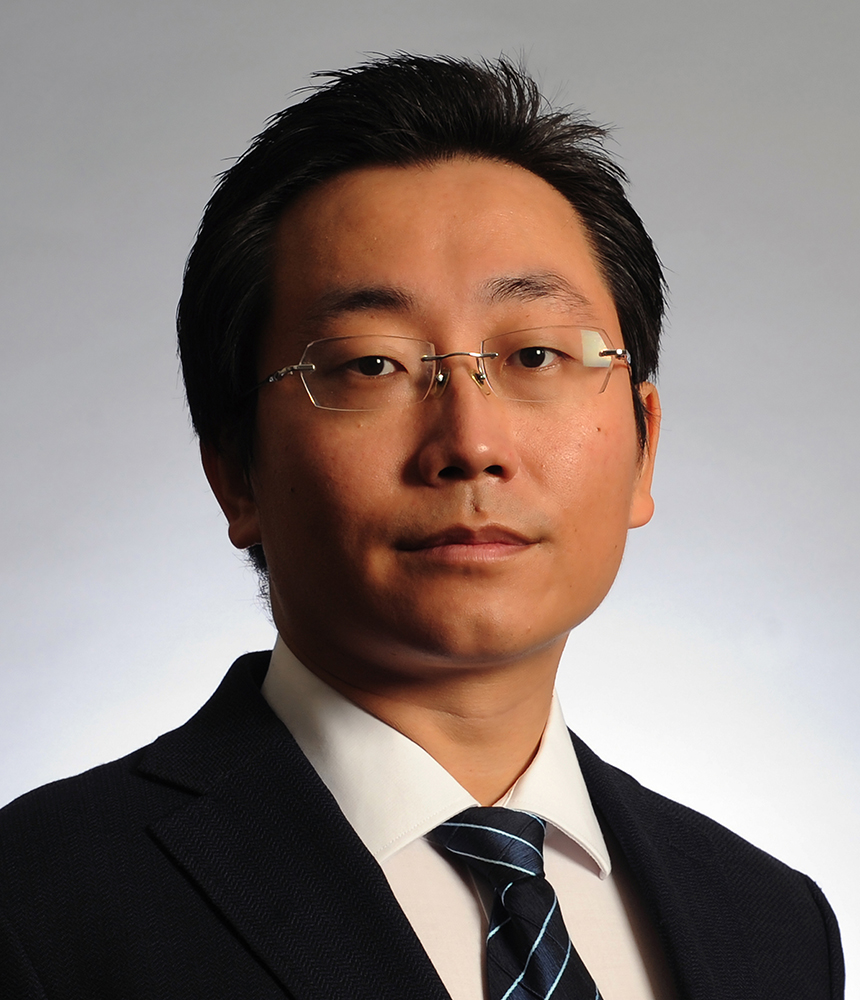
Zhishan Guo
Zhishan Guo’s research interests lie in real-time scheduling theory, machine learning theory, and their applications to Cyber-Physical Systems. Specifically in real-time and embedded systems, his group is interested in providing provable timing and functionality guarantees and designing resource-efficient schedulers. On the application side, his group currently focuses on transportation and autonomous driving systems, personalized healthcare and medical sensing-control systems, and agricultural systems.

Muhammad Shahzad
Muhammad Shahzad’s research interests lie in the areas of networking and sensing systems. Within the networking systems, his work focuses on measurement, modeling, design, and analysis of network protocols for both wireless and wired networks. On the sensing side, his work focuses on using the wireless signals to perform sensing in variety of different environments, such as sensing the attributes of occupants in a smart environment, monitoring vitals and other characteristics of patients, sensing non-visual properties in agricultural settings, sensing the characteristics of built structures, and so on

Chenhan Xu
Chenhan Xu’s research focuses on the convergence of Internet of Things (IoT), Physiological Science, and Smart Health. Chenhan explores advanced embedded sensing and computing systems to enable high-impact real-world IoT applications. His research involves pioneering advancements in sensing and computing system paradigm, data analytics, signal processing, algorithm, and hardware innovations for 1. precision sensing that arguments IoT “resolution”; 2. novel human-IoT interface that increases human-IoT “bandwidth”; 3. pervasive and privacy-preserving mobile health that extends “coverage”.
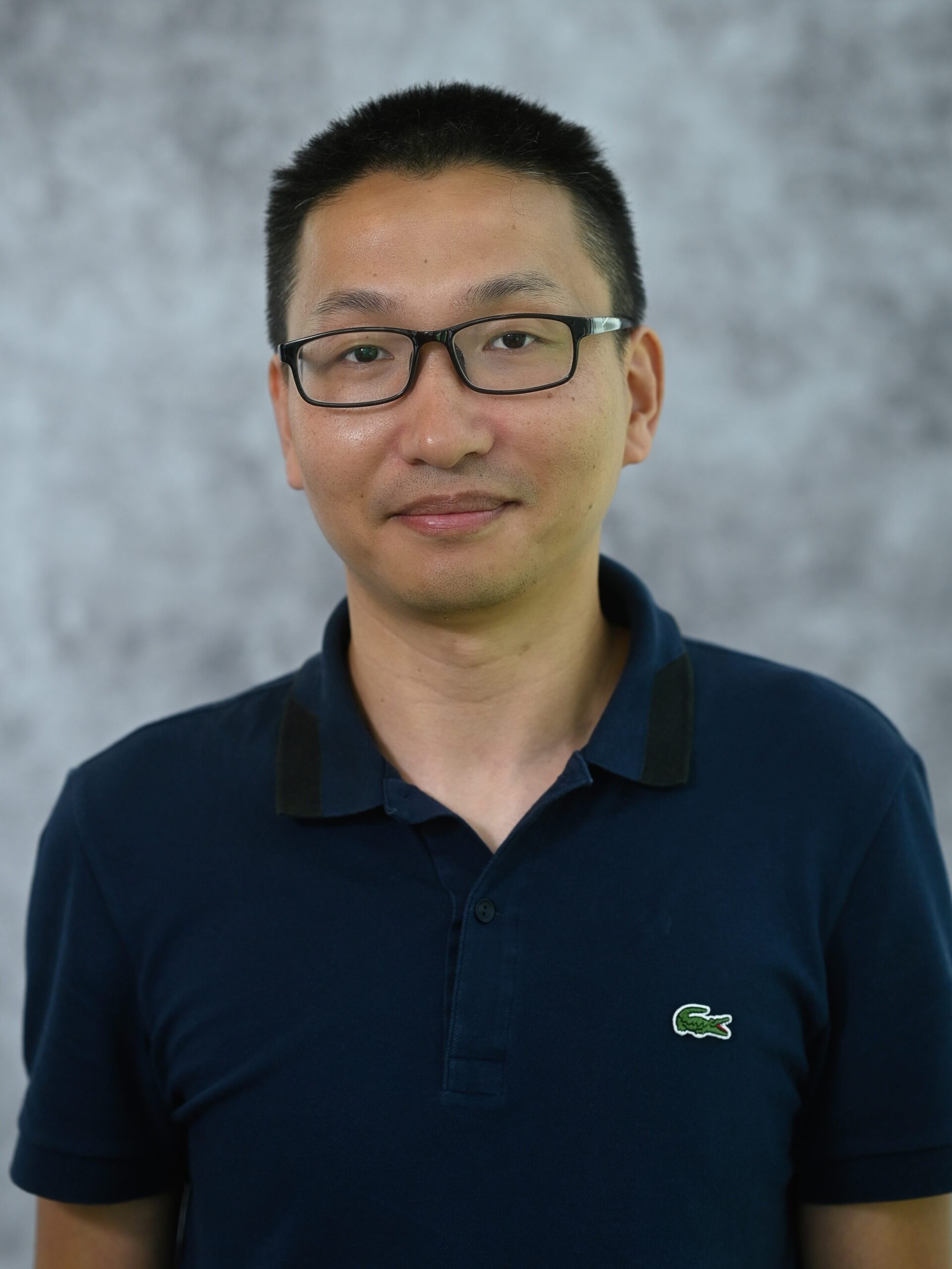
Wujie Wen
Wujie Wen’s current research efforts include software-hardware co-design and design automation for efficient domain specific computing (including machine learning), as well as their applications to Cyber-Physical Systems (CPS). Specifically, he focuses on developing low-latency, resilient, secure, affordable, and implementable computing techniques, such as real time machine learning within embedded, energy-harvesting and Internet of Things (IoTs) devices. His group is particularly interested in applying new computing techniques and automating the deployment process for AI-driven data-intensive CPS like autonomous driving and medical systems.
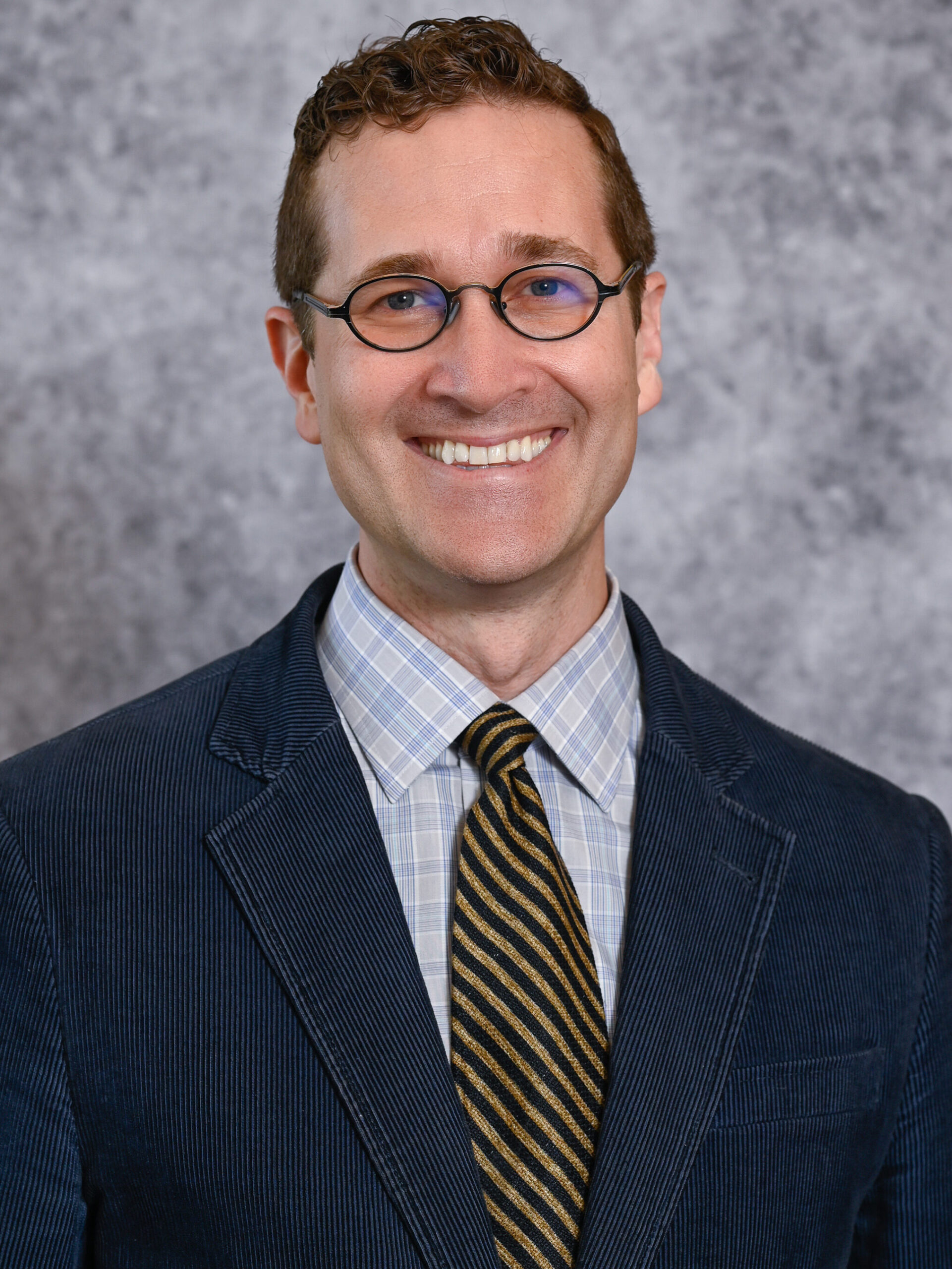
John-Paul Ore
John-Paul’s research interests are broadly in the areas of software engineering, DevOps for Cyber Physical System (CPS), robotics, program analysis, and system testing using high-resolution physical simulators. His contributions include new software engineering methods that enable dimensional analysis without developer annotations for the Robot Operating System, new open-source tools that implement these methods, open datasets of dimensional inconsistencies found in the wild, and novel techniques in aerial field robotics for environmental monitoring. His research combines field robotics and software engineering (SE). Field robotics exposes the shortcomings of our ability to reason about whole systems with different levels of abstraction within realistic environments, and SE increasingly enables new capabilities to develop more dependable safety-critical systems.
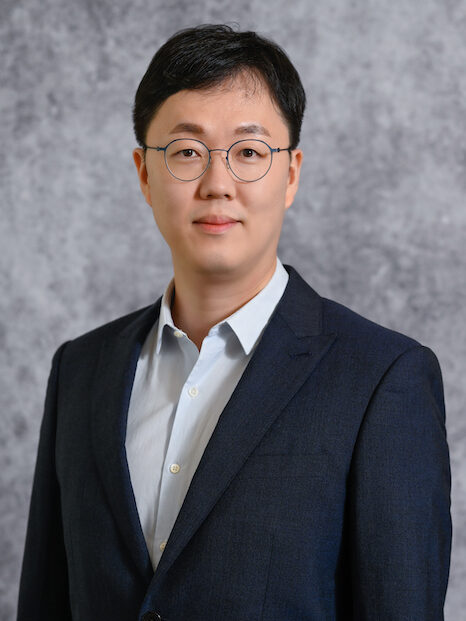
Man-Ki Yoon
Man-Ki Yoon’s research interests are in trustworthy and accountable computing for autonomous systems (such as autonomous driving cars and unmanned aerial vehicles) and internet-of-things. He is interested in developing computer systems techniques that enable reasoning about why faulty events (e.g., accidents) happened, what components/parties are responsible, and whether evidence is trustworthy.
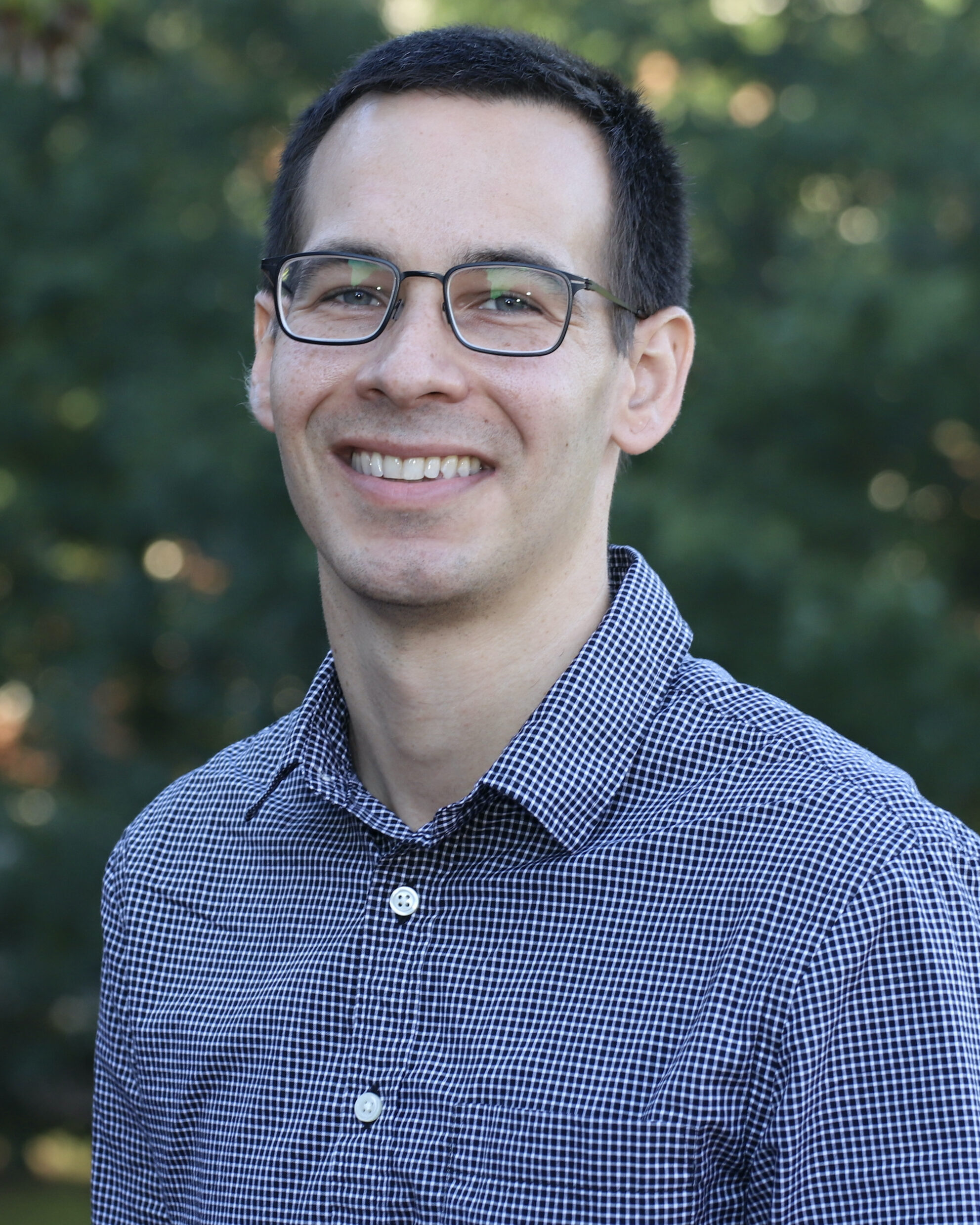
Sterling McLeod’s research interests lie in real-time robot motion planning and education. His motion planning research largely focuses on enabling the Real-time Adaptive Motion Planning (RAMP) framework to control mobile robots in unknown dynamic environments. His education research focuses on curriculum analysis and development for undergraduate Robotics degree programs. He has developed and taught courses on robot motion planning, mobile robots, AI, and introductory computing.
Huining Li’s research interest lies broadly in internet-of-things, cybersecurity, and mobile computing. Especially, she focuses on applying research advancement to the field of mobile health. She involves developing mobile health systems to assist with chronic wound care, Parkinson’s disease management, and mental health therapy. Within these research projects, Huining has invented a set of technical innovations such as precise measurement in biomarkers, high accessibility in mHealth service, and fairness in privacy protection. Particularly, her works create privacy-by-design sensing mechanisms and address the complexities of safeguarding data privacy while maintaining fairness in heterogeneous and dynamic mobile environments.
Peng Gao’s primary research focuses on learning-based collaborative autonomy in both multi-robot and human-robot teams. His work spans collaborative perception, decision-making, earning, and control in connected systems. This vision aims to enhance autonomous robots with the capacity to collaboratively understand and respond to unstructured environments as well as their human and robotic teammates, thus surpassing human-level collaboration in complex tasks across open-world settings. His broad research interests include foundational robotics models, connected autonomous vehicles, lifelong collaborative & shared autonomy, and the Internet of Robotics Things.
Justin Bradley’s current research focuses on the intersection of real-time computing and control theory in single-agent and multi-agent (swarm) drone applications. His work aims to enhance the efficiency, reliability, and autonomy of uncrewed aerial systems (UAS) by integrating advanced computational and software engineering methods with robust control strategies. This includes developing algorithms for real-time decision-making, flight planning, and ensuring system stability under various operational conditions. By addressing both theoretical and practical challenges, Dr. Bradley’s research contributes to the advancement of drone technology in areas such as surveillance, environmental monitoring, and agriculture, pushing the boundaries of what autonomous systems can achieve in complex and dynamic environments.
Frank Mueller has been conducting research in real-time and embedded systems throughout his entire career. Contributions range from providing support for the Gnu Ada runtime system via the FSU Posix Threads library, over scheduling and bounding worst-case execution time, including tool development, to power-aware scheduling and timed security of cyber-physical systems. The work on statically predicting the worst-case execution time of real-time tasks is seminal in developing the method of static cache simulation, shown to systematically model the effects of caching for real-time systems in a predictable manner. This work provided the foundation for others to engage in research on timing analysis. Today, timing analysis is used commercially in industry ranging from cellular phones over automotive to avionics. E.g., the aiT tool from AbsInt, influenced by his work, was used in the Airbus 380 certification process. Recently, he has been engaged in research on certification and verification of control systems for autonomous driving.
